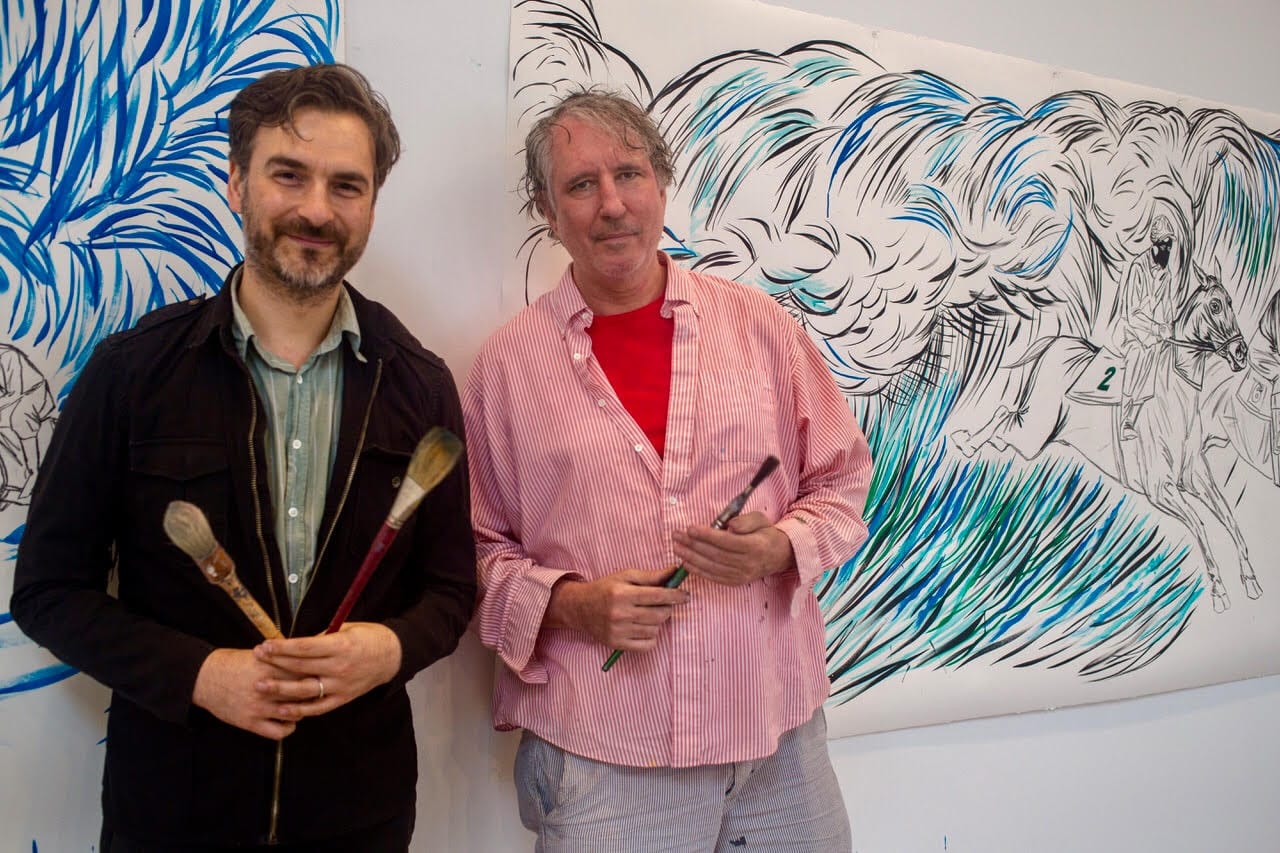Director: Song Il-gon
Cast: So Ji-Sub, Han Hyo-joo
South Korea, 2011, 105’, color
Korean with Turkish subtitles
A fatal love story centered on ex-boxer Chul-min and telemarketer Jung-hwa. He has closed his heart to the world and she remains spirited despite slowly losing her vision. Eliminating the so-called silent style of long shots and long takes and appealing to soul and spirit, this could be deemed Song Il-gon’s declaration of transformation from an auteur director to a popular director. Those who were mesmerized by Song’s "Flower Island" and "The Magicians" may be somewhat disappointed. As suggested by the trite title, the movie is full of old clichés. But what makes it extraordinary despite its clichés is the director’s characteristic unconventional directing style and dramatic twists in detail that reveals moderation and omission. Always takes small steps towards the climax without excessive use of words and action. The director also adds class to the film through the remarkable visuals and sound design, sensuous but not superficial. As a result, this film is distinct from overwhelmingly common melodramas and successfully emerges as an ‘uncommon common’ drama. So Ji-sub and Han Hyo-joo are perfect in their roles. The commercial expression as ‘So-joo couple’ is no exaggeration.
Trailer

We meet at Marcel Dzama’s studio in Brooklyn on the occasion of his solo exhibition Dancing with the Moon at Pera Museum. On this freezing day in January, he welcomes us with a warm smile, and for a few hours, we step into his world filled with surreal characters, music, dance, politics, and play.
Tuesday - Saturday 10:00 - 19:00
Friday 10:00 - 22:00
Sunday 12:00 - 18:00
The museum is closed on Mondays.
On Wednesdays, the students can
visit the museum free of admission.
Full ticket: 300 TL
Discounted: 150 TL
Groups: 200 TL (minimum 10 people)